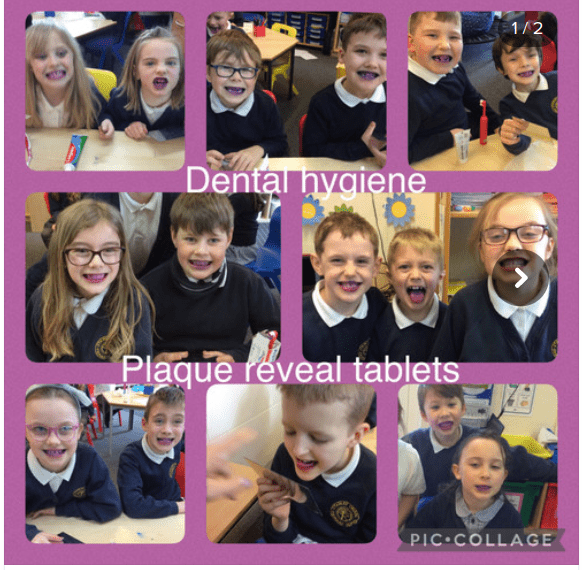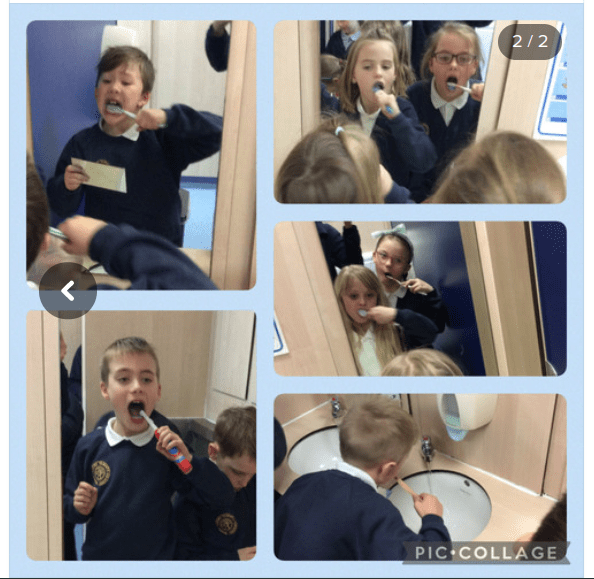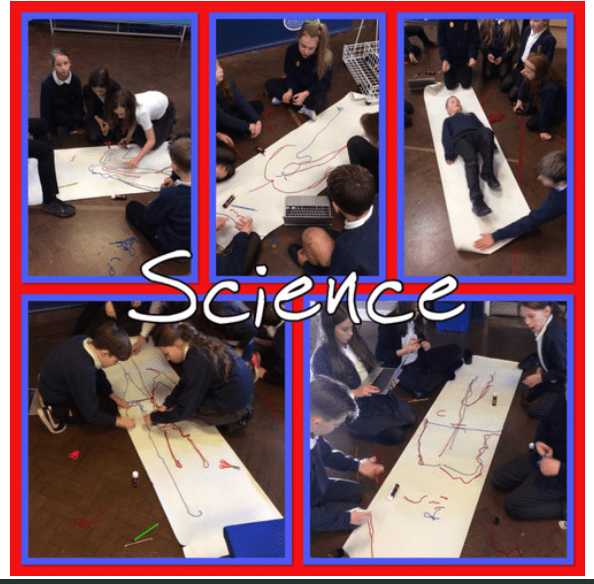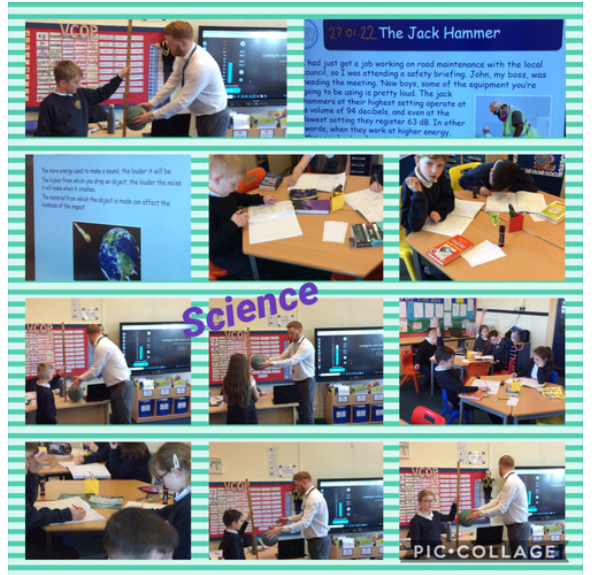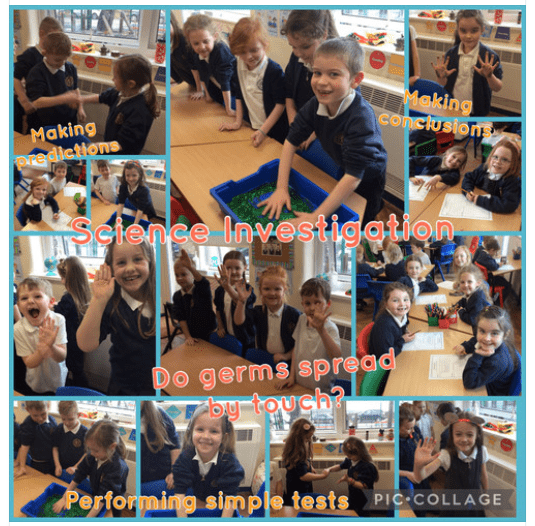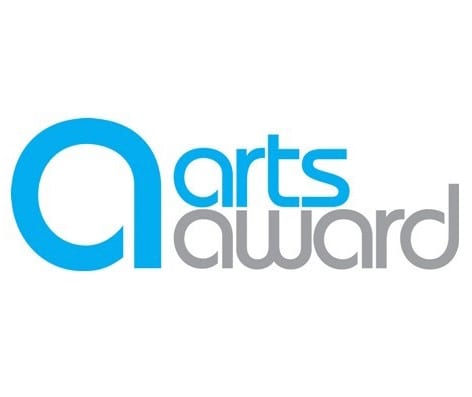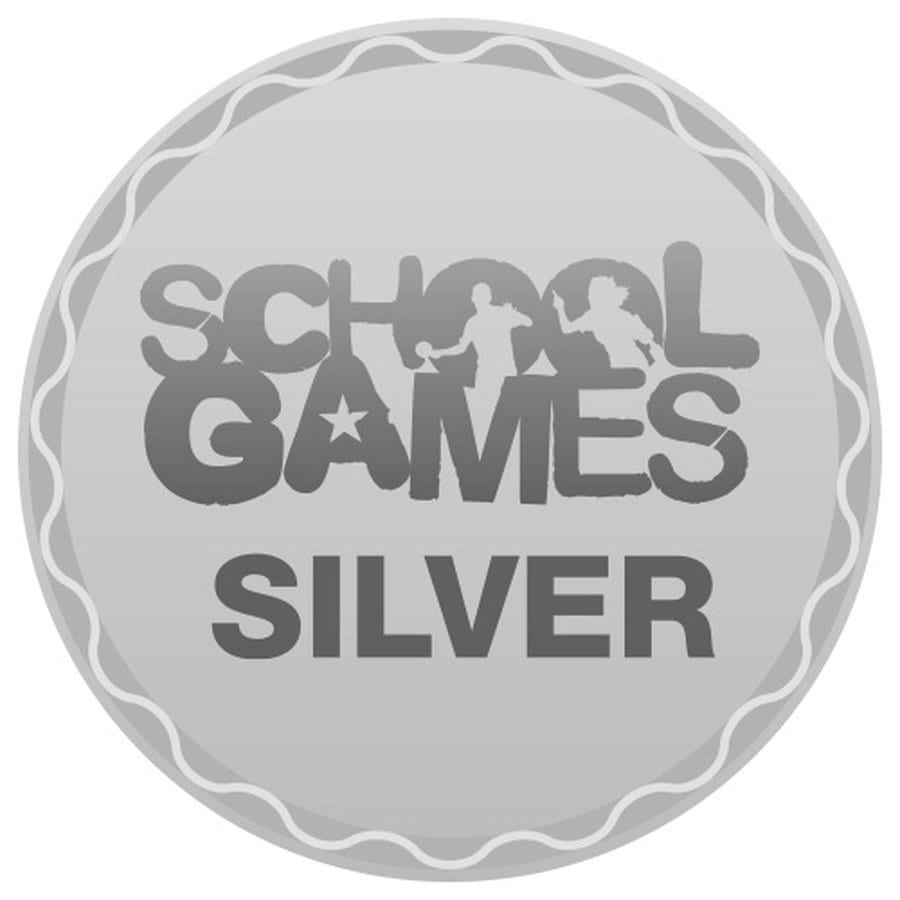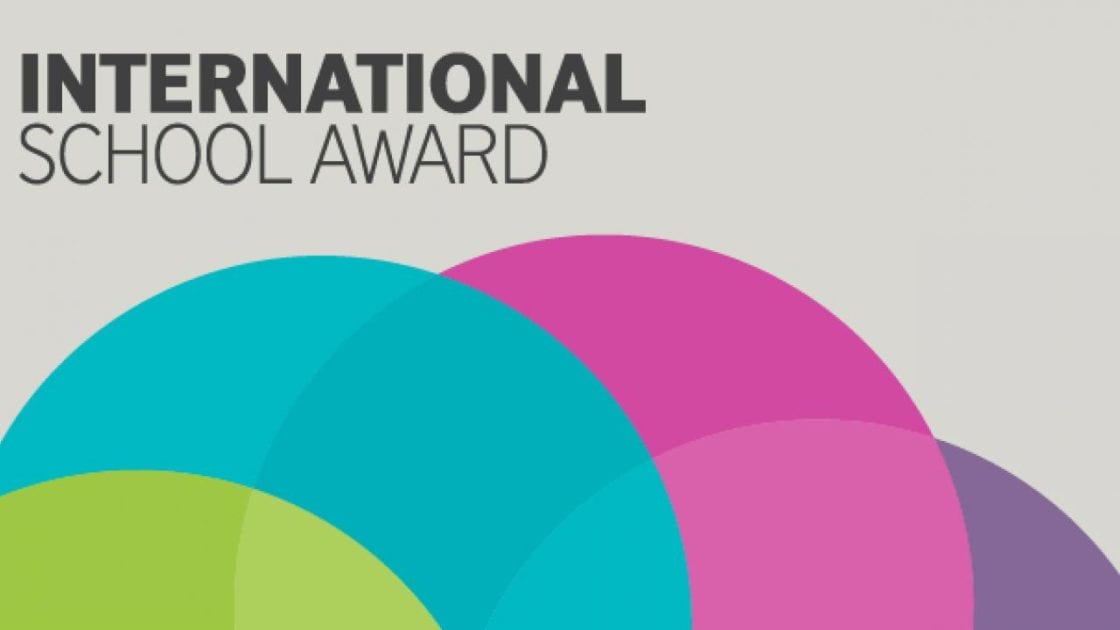Science Subject Lead: Mrs Wilkinson
Science Link Governor: Mrs Glasper
At Stanley Crook Primary School, we recognise how science impacts every aspect of daily life, and without science humankind would not have made progress throughout history. As one of the core subjects taught at primary level, we give the teaching and learning of science the prominence it deserves.
Learning science is concerned with increasing pupils’ knowledge of our world, and with developing skills associated with science as a process of enquiry. Our science curriculum develops the natural curiosity of each child no matter their demographic, encourages them to have respect for living organisms, and instil in pupils the importance of caring for the natural environment.
Science Lessons
Using the requirements of the Science National Curriculum as our guide, our Science lessons offer opportunities for children to:
- Develop scientific knowledge and conceptual understanding of the disciplines of Physics, Chemistry and Biology.
- Formulate their own questions about the natural world.
- Foster the confidence to ‘be wrong’ when it comes to making predictions and postulating their own theories.
- Promote an awareness of the importance of teamwork in scientific experimentation.
- Practically investigate their questions using various methods of enquiry.
- Gain competence in the science skills of planning scientific investigations, gathering and analysing data and critical evaluation of investigations across the disciplines.
- Use a range of methods to gather data from investigations and secondary sources including I.C.T., drawings, diagrams, videos and photographs.
- Present data in a variety of methods including tables, bar charts, line graphs, pictograms and pie charts.
- Produce comprehensive science reports that demonstrate their proficiency in the scientific method.
- Have care for the safety of all individuals in lessons by developing knowledge of the hazards of the materials and equipment they handle, along with mitigating these hazards.
- Develop an enthusiasm and enjoyment of scientific learning and discovery.
Teachers create a positive attitude to science learning within their classrooms and reinforce an expectation that all children can achieve high standards in science. Teaching is set out thus:
- Science will be taught as set out by the year group requirements of the National Curriculum. This is a strategy to enable the accumulation of knowledge and allows progress in repeated units through the years.
- Through our planning, we involve problem solving opportunities, allowing children to find out for themselves how to answer questions in a variety of practical means. Children are encouraged to ask their own questions and be given appropriate equipment to use their scientific skills to discover the answers.
- Engaging lessons are created with each lesson having both practical and knowledge elements. Teachers use precise questioning in class to test conceptual knowledge and skills and children are regularly assessed to identify those children with gaps in learning, so that all children keep up.
- We build upon the learning and skill development of previous years. As the children’s knowledge and understanding increases, and they become more proficient in selecting and using scientific equipment, collating and interpreting results, they become increasingly confident in their growing ability to come to conclusions based on real evidence.
- Working Scientifically skills are explicit in lessons to ensure these skills are being developed throughout the children’s school career and new vocabulary and challenging concepts are introduced through direct teaching. This is developed through the years, in-keeping with the theme of the lesson.
- Whole school subject specific vocabulary lists have been identified for each of the units to provide progressive acquisition of knowledge. This is supported by the vocabulary being displayed on science working walls and displays. Teachers regularly refer to this key vocabulary with meanings so that it is embedded in children’s learning. This enables children to readily apply knowledge and vocabulary to their written, mathematical and verbal communication of skills
- Teachers demonstrate how to use scientific equipment, and the various Working Scientifically skills in order to embed scientific understanding. Teachers find opportunities to develop children’s understanding of their surroundings by accessing outdoor learning and workshops with experts.
The successful approach at Stanley Crook Primary School results in a fun, engaging, high-quality science education, that provides children with the foundations for understanding the natural world. Our engagement with the local environment ensures that children learn through varied and first-hand experiences. Much learning takes place outdoors so pupils can investigate their immediate environment. Through various workshops, trips and interactions with experts and local charities, children have the understanding that science has changed our lives and that it is vital to the world’s future prosperity. Children learn the possibilities for careers in science as a result of our community links and connection with national agencies such as the STEM association. Pupil voice is used to further develop the Science curriculum, through questioning of pupil’s views and attitudes to Science to support the children’s enjoyment of science and to motivate learners.
The Science curriculum fully complies with statutory duties in the Equality Act 2010 and the Special Educational Needs and Disabilities Regulations 2014.
- Science Curriculum Overview
- Science Long Term Plan
- Science – Vocabulary Progression Whole School
- Whole School Knowledge Progression
- Working Scientifically Progression
- Linking Reading to Science
- SEND provision in primary science
Science throughout the school
